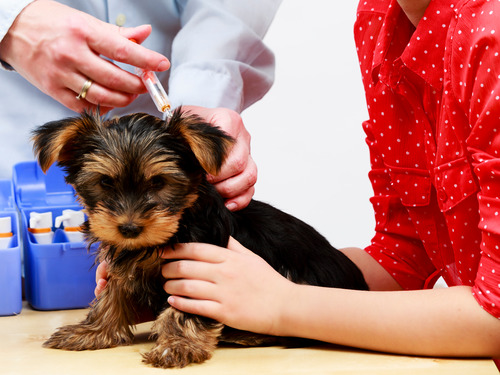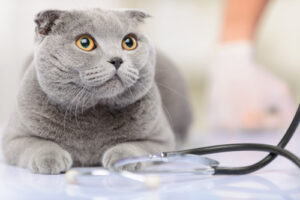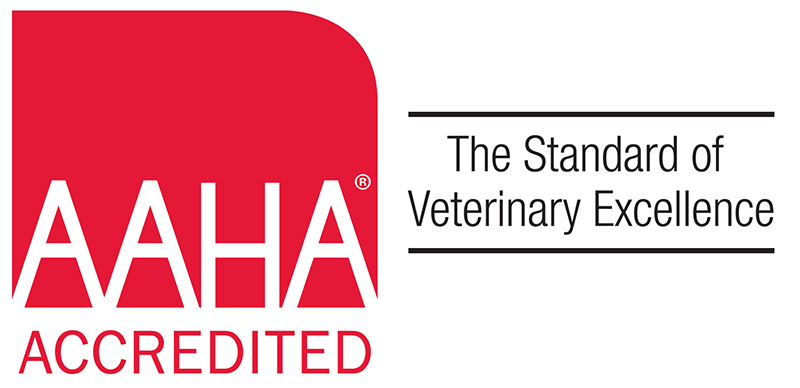Welcoming a new puppy into your life is an exciting journey filled with joy and responsibility. One critical part of puppy care is protecting them from harmful illnesses like parvovirus. Parvo is a highly contagious virus that can affect young puppies, and vaccinations are their best defense. Knowing how many parvo shots your puppy needs and when to schedule them can make all the difference in keeping your pet safe. At Triangle Animal Clinic in Conroe, TX, we can guide you through the process. Call us today at (936) 756-3318 or book an appointment online to ensure your puppy gets the care they need.
Why Do Puppies Need Parvo Shots?
Parvovirus, commonly referred to as parvo, is a highly contagious and life-threatening virus that targets a puppy’s gastrointestinal system. It can cause severe symptoms, including vomiting, diarrhea, lethargy, and loss of appetite. Puppies are especially vulnerable because their immune systems are still developing. Vaccination is the most effective way to protect your puppy from this virus. Parvo shots stimulate your puppy’s immune system to create antibodies that fight off the virus if they’re ever exposed. Without these critical vaccines, your puppy is at risk of contracting parvovirus, which can require intensive veterinary care and may still lead to fatal outcomes.
How Many Parvo Shots Does a Puppy Need?
A puppy typically requires a series of three to four parvo shots as part of their core vaccination schedule. These shots are usually included in a combination vaccine, such as the DHPP vaccine, which also protects against distemper, hepatitis, and parainfluenza.
First Shot
The initial parvo shot is usually administered when a puppy is 6 to 8 weeks old. At this stage, maternal antibodies may still be present, which can interfere with the vaccine’s effectiveness. That’s why additional doses are necessary to ensure full immunity.
Booster Shots
Booster shots are given every three to four weeks until the puppy is about 16 weeks old. These follow-up doses help build and solidify the puppy’s immune response. If a puppy misses a scheduled shot, it’s essential to consult your veterinarian to get back on track.
Adult Booster
After the initial puppy series, a booster is typically recommended one year later and then every three years to maintain immunity. Your veterinarian may tailor this schedule based on your dog’s individual needs and lifestyle.
What to Expect During Parvo Vaccination Visits
When you bring your puppy to Triangle Animal Clinic for their parvo shots, you can expect a thorough health check before the vaccine is administered. This ensures your puppy is healthy enough to receive the vaccine and maximizes its effectiveness.
The Vaccination Process
Your veterinarian will carefully administer the vaccine, usually as a subcutaneous injection. The process is quick and relatively painless for your puppy, though they may experience mild discomfort afterward.
Possible Side Effects
Mild side effects such as slight swelling at the injection site, low-grade fever, or temporary fatigue are normal and usually resolve within 24 hours. Severe reactions are rare, but if you notice symptoms like persistent vomiting or difficulty breathing, contact your veterinarian immediately.
How Parvo Vaccinations Protect Your Community
Vaccinating your puppy doesn’t just protect them—it also helps safeguard other pets in your community. Parvovirus spreads easily through direct contact with infected dogs or contaminated environments, such as parks or sidewalks. When more pets are vaccinated, it reduces the overall presence of the virus in the environment, benefiting all animals. This concept, known as herd immunity, is particularly important in areas with a high population of pets. By staying up to date on your puppy’s parvo shots, you’re contributing to a healthier, safer community.
How to Stay on Schedule with Parvo Vaccines
Maintaining a consistent vaccination schedule is crucial for your puppy’s protection against parvovirus. Here are some tips to help you stay on track:
- Use Reminders: Set calendar alerts or reminders on your phone to remember your puppy’s next vaccine appointment. Many veterinary clinics also offer appointment reminders to help keep you organized.
- Keep Records: Maintain a vaccination record for your puppy that includes the dates of each shot and the type of vaccine administered. This document can be helpful for boarding, training, or travel requirements.
- Regular Vet Visits: Regular veterinary check-ups ensure your puppy stays on track with their vaccinations and allows your veterinarian to address any concerns you may have.
What Happens If a Puppy Misses a Shot?
If your puppy misses a parvo shot, don’t panic—but do act quickly. Contact your veterinarian as soon as possible to discuss the best course of action. Delayed vaccinations can leave your puppy vulnerable to parvovirus, so it’s essential to catch up on the missed dose promptly. In some cases, your veterinarian may need to restart the vaccination series to ensure your puppy develops adequate immunity. This decision depends on how much time has passed since the missed shot and your puppy’s overall health.
Signs That Your Puppy May Have Parvovirus
Even with vaccinations, monitor your puppy for any signs of illness. Parvovirus can still affect unvaccinated or incompletely vaccinated puppies. Common symptoms include:
- Severe diarrhea (often bloody)
- Vomiting
- Extreme lethargy
- Fever
- Loss of appetite
If you notice any of these symptoms, contact Triangle Animal Clinic immediately.
Prioritize Your Puppy’s Health
Vaccinating your puppy against parvovirus is one of the most important steps you can take to protect their health. At Triangle Animal Clinic, we’re committed to providing exceptional care and guidance to pet owners in Conroe, TX. Call us today at (936) 756-3318 or book an appointment online to get your puppy started on their vaccination schedule. Protecting your puppy from parvovirus starts with you, and we’re here to help every step of the way.






